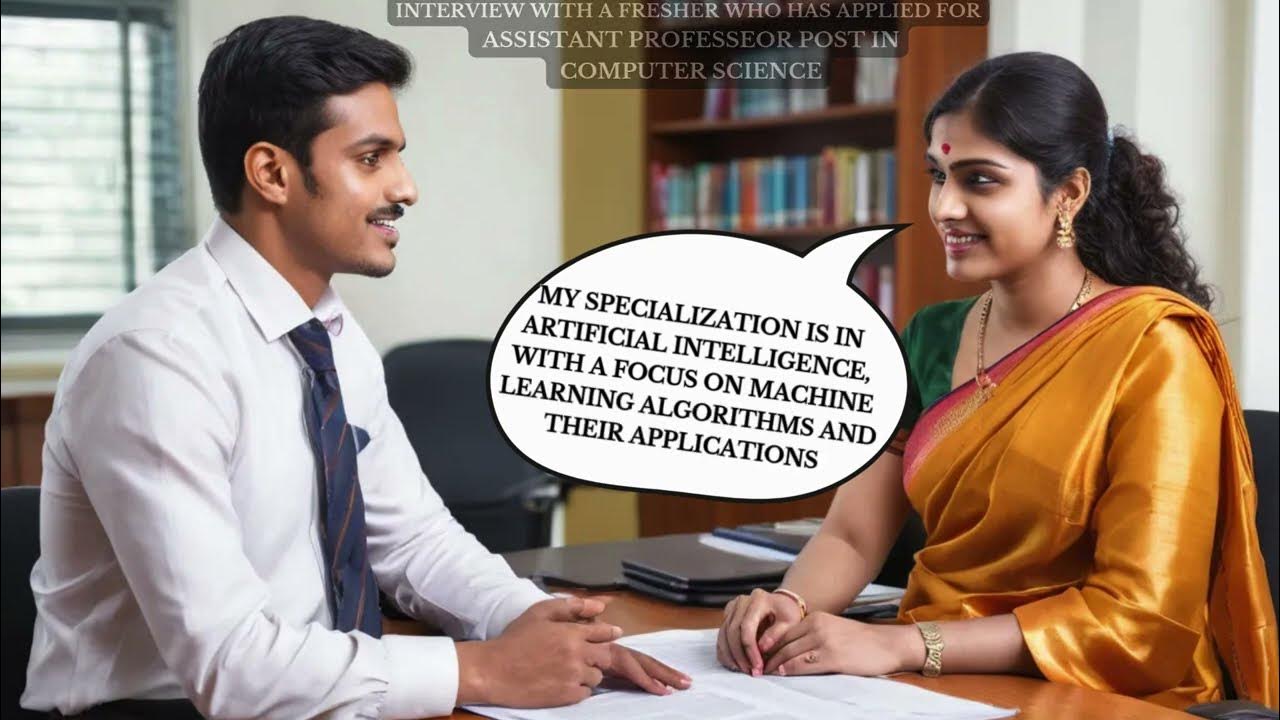What is Research and How to Get Started as a Student | Module 1a
Summary
TLDRIn this introductory video of a 16-part research series, Jofi Lynn, a high-achieving student in computer science and bioinformatics, guides viewers through the fundamentals of conducting research. The video covers what research is, its significance, and how to begin a research journey. Viewers will learn to choose meaningful topics, develop research questions, manage time effectively, overcome obstacles, and enhance skills such as critical thinking, data analysis, project management, and communication. By the end, students gain confidence, practical tools, and insights from expert interviews to start and present their own research projects successfully.
Takeaways
- 😀 Research is a tool for solving real-world problems and advancing knowledge across various fields.
- 😀 Engaging in research enhances skills that are valuable both in academia and professional settings.
- 😀 Research encourages curiosity, innovation, and the desire to push boundaries in any given field.
- 😀 By the end of the course, you'll learn to brainstorm, develop, and select meaningful research ideas.
- 😀 Key skills gained from the course include critical thinking, data analysis, project management, and communication.
- 😀 Time management is crucial for conducting research, with a focus on planning, setting milestones, and managing deadlines.
- 😀 Balancing research with other responsibilities is important to avoid burnout and stay productive.
- 😀 Expect challenges in your research journey, but overcoming obstacles makes your research stronger and helps you grow as a researcher.
- 😀 Seeking help from mentors and teachers is important when facing difficulties in your research process.
- 😀 Being flexible and willing to adjust your research design or methods is a key part of the iterative research process.
- 😀 Successful researchers are those who adapt, seek help when needed, and refine their approach through setbacks.
Q & A
Who is the instructor of this research series and what are her qualifications?
-The instructor is Jofi Lynn, a junior at the Science and Engineering Magnet Program at Man Alpin High School. She has research experience in computer science, AI, and bioinformatics, has been recognized at the International Science and Engineering Fair (ISEF), and interned at Harvard Medical School.
What is the overall goal of this 16-video research course?
-The course aims to guide beginners step-by-step through the research process, helping them understand what research is, how to conduct it, and how to effectively communicate and present their findings.
What are the three main modules of the course?
-The three modules are: 1) Research Journey – exploring the basics and choosing a topic, 2) Research Process – performing literature reviews, gathering data, and analyzing findings, and 3) Communicating and Presenting Research – writing papers, giving presentations, and creating visual aids.
What additional content is included in the bonus section of the course?
-The bonus section includes exclusive interviews with an ISEF finalist, an RSI scholar, and a Stanford/NASA researcher, providing advice on building a research career and accessing top research programs.
Why is research considered important beyond gathering information?
-Research is important because it helps solve real-world problems, encourages curiosity and innovation, develops critical academic and professional skills, and contributes to career development in various fields.
What are some of the key skills students will gain from conducting research?
-Students will enhance critical thinking and problem-solving, develop data analysis and interpretation skills, improve project management and organizational abilities, and strengthen communication skills for both written and oral formats.
What strategies are recommended for effective time management during research?
-Recommended strategies include tracking all deadlines, breaking the project into smaller milestones, balancing research with other responsibilities, and adding buffer time for unexpected challenges.
How should students handle obstacles and roadblocks during their research?
-Students should identify obstacles early, seek guidance from mentors or teachers, revise research design if needed, document challenges and solutions, and remain flexible and adaptable throughout the process.
What is the significance of documenting challenges and solutions in research?
-Documenting challenges and solutions helps track progress, provides a roadmap for others facing similar issues, and can be useful for writing methodology and discussion sections in reports or presentations.
How does completing research contribute to a student’s overall growth?
-Completing research builds resilience, enhances problem-solving abilities, improves communication and analytical skills, and prepares students for future academic, professional, and entrepreneurial endeavors.
What should students expect from the research journey besides the final outcome?
-Students should expect challenges, iterative learning, skill development, and the opportunity to develop independence, critical thinking, and adaptability—making the process as valuable as the results.
Outlines

此内容仅限付费用户访问。 请升级后访问。
立即升级Mindmap

此内容仅限付费用户访问。 请升级后访问。
立即升级Keywords

此内容仅限付费用户访问。 请升级后访问。
立即升级Highlights

此内容仅限付费用户访问。 请升级后访问。
立即升级Transcripts

此内容仅限付费用户访问。 请升级后访问。
立即升级浏览更多相关视频

Bioinformatics part 1 What is Bioinformatics

Faculty Interview: Meet Dr. Ting Hu

why EVERYONE should do research in college | spilling the tea on my 4 research experiences

Pertemuan 13 - Variabel Bebas & Variabel Terikat

CHIẾN LƯỢC tiếp cận một ĐỀ TÀI NGHIÊN CỨU KHOA HỌC và tìm bài báo phù hợp với chủ đề📝 |💡 STUDY 101 |

Assistant professor in Computer science interview 2024 II Trending #interviewquestionandanswers
5.0 / 5 (0 votes)
